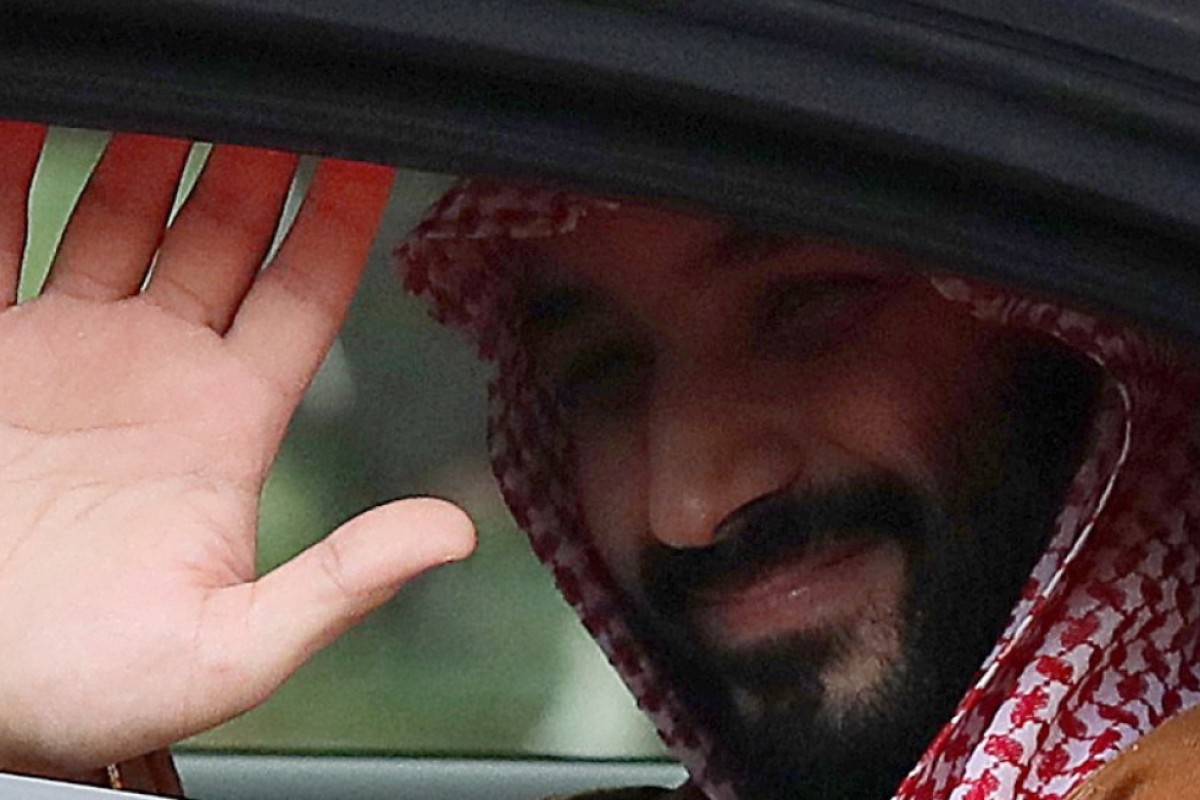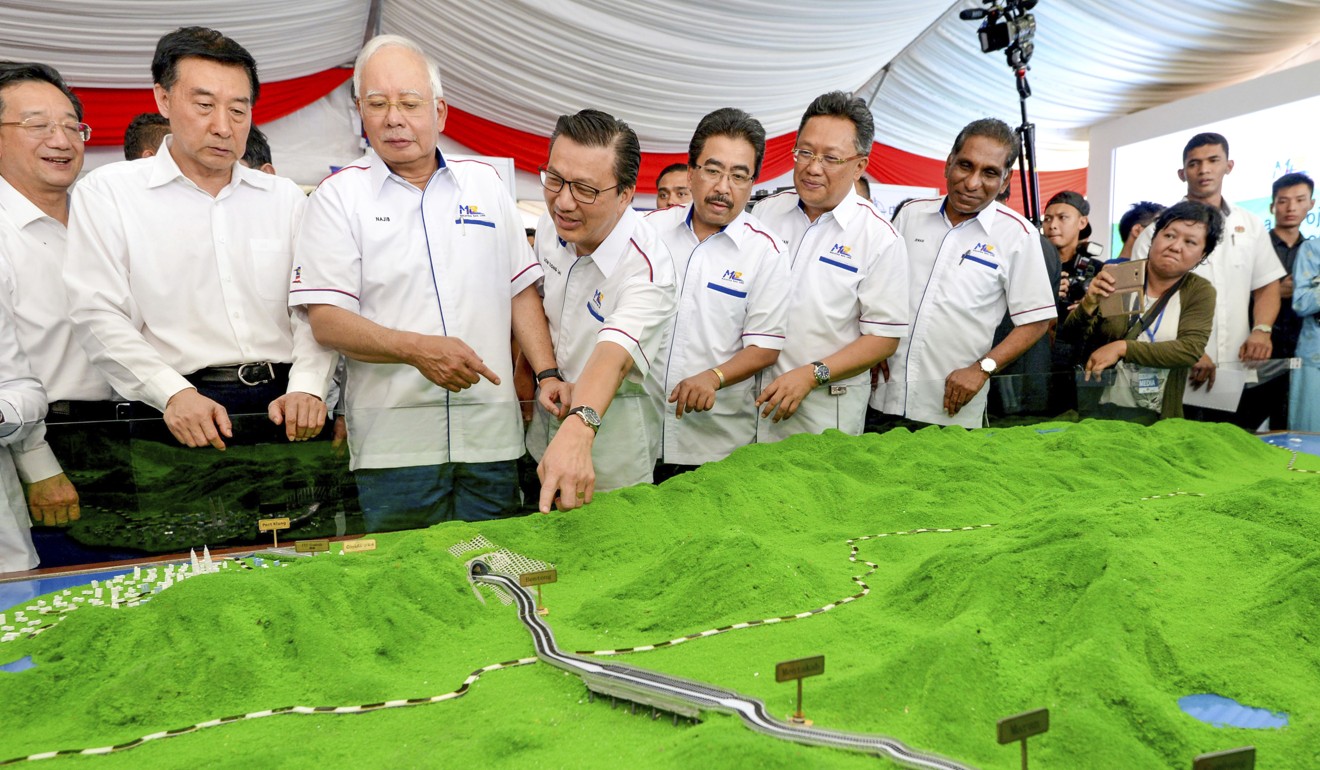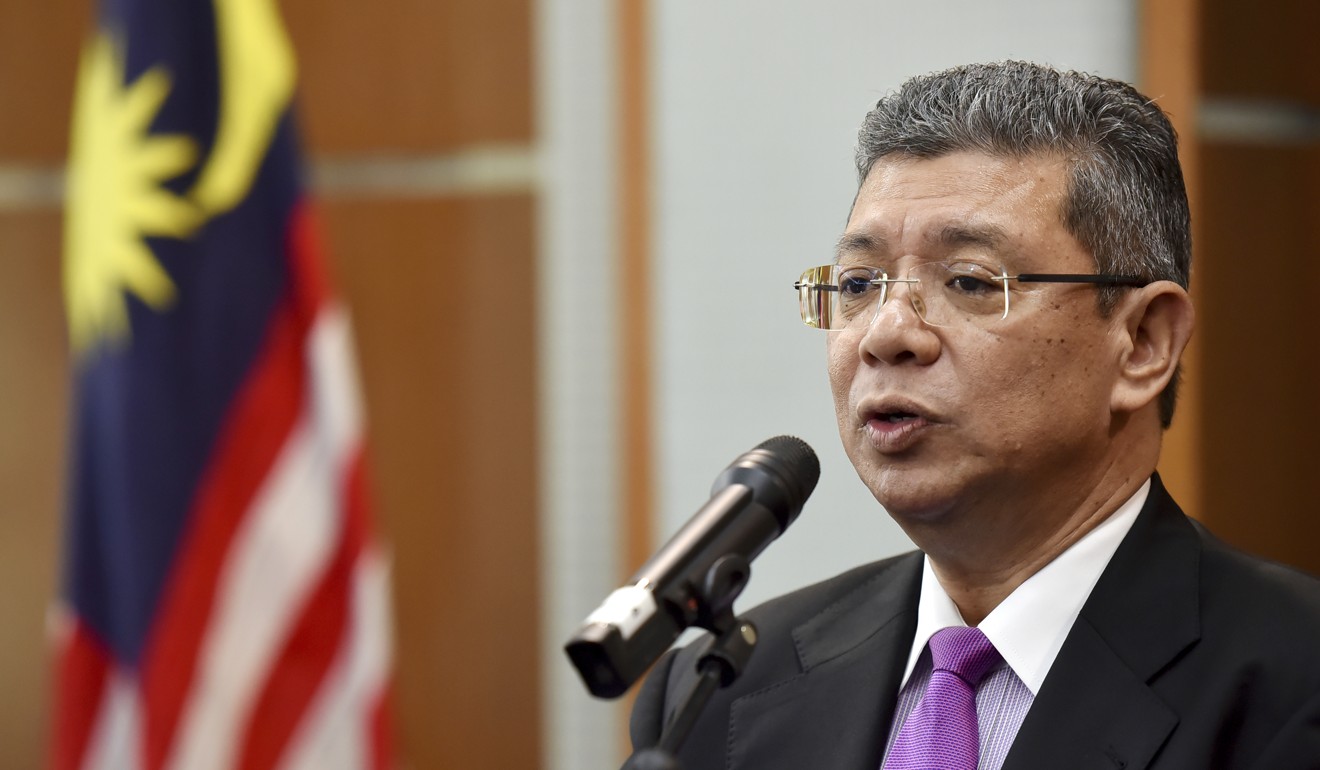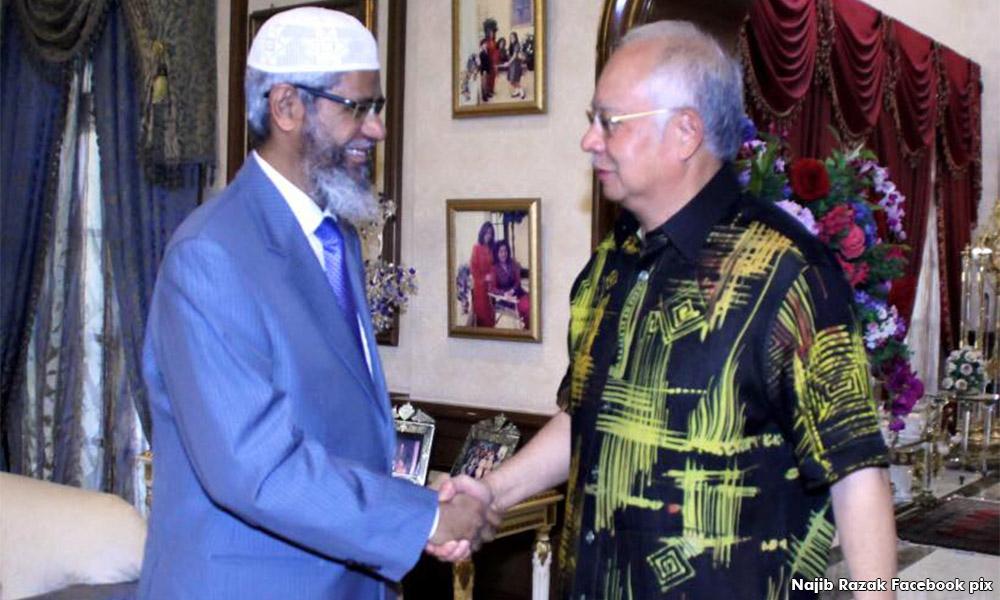
Published by South China Morning Post, images from South China Morning Post.
The deferred visit of Saudi Arabia’s Crown Prince Mohammed bin Salman to Kuala Lumpur should be welcomed as an opportunity for Malaysians to evaluate just how warmly they want to welcome the kingdom’s touted moderniser – or if they should do at all.
The crown prince, who visited Pakistan and India this week and is currently in China, has undertaken an “eastern tour” now that relations with the West have soured over the murder in October of Saudi journalist Jamal Khashoggi in the country’s Istanbul consulate, and Riyadh’s ongoing military campaign in Yemen.

The US is likely to end its involvement in the Yemen conflict soon. At the same time, a bill targeting Opec, of which Saudi Arabia is a leading member, is prowling about Congress. Should the No Oil Producing and Exporting Cartels Act pass, it would strip Saudi Arabia of a significant instrument of leverage it has over the US – the regulation of oil prices.
On the other side of the Atlantic, Saudi Arabia has found itself included in the European Union’s list of “high risk” countries for terrorism financing and money laundering.
‘Desperate’ Pakistan welcomes Saudi Arabia’s US$6 billion bailout
Under such pressure, it is an opportune time for the crown prince to look east. By promising US$20 billion in investments to cash-strapped Pakistan, he looks to also be securing the loyalty of Islamabad.
China’s extension of influence through economic means and infrastructure investments has been viewed suspiciously by some sovereign states, but Muslim-majority nations look more leniently towards Saudi Arabia – in Malaysia, the Saudi royal family was always made to feel welcome during the nine-year reign of former leader Najib Razak.
But has Malaysia given sufficient thought to what Riyadh’s investment promises entail?

After the change of power on May 9, the country looked to renegotiate about US$40 billion worth of projects with China, including the US$20 billion East Coast Rail Link and a US$2.5 billion gas pipeline. At the time, Finance Minister Lim Guan Eng described the latter as a “lopsided contract that clearly jeopardises the interest of the Malaysian people”.
Such major investments have put undue pressure on a budget already troubled by the 1MDB financial scandal and general mismanagement of the economy. During his visit to China in August, Malaysian Prime Minister Mahathir Mohamad warned against a “new version of colonialism”, in what was interpreted as a barb against Beijing’s “Belt and Road Initiative” – though the Malaysian leader later denied this.
Is China’s belt and road colonialism? Mahathir: not at all
When it comes to relations with Saudi Arabia, Malaysia must make a prudent decision about what the crown prince is actually offering, should his visit be rescheduled any time soon.
When asked at a press conference if he would condemn bin Salman over the murder of Jamal Khashoggi, Mahathir said he would first see what China and Japan had to say.Such a runaround is not surprising as Mahathir’s “New Malaysia” attempts to walk a tightrope between taking a strong ideological stance on issues where justice is concerned – especially in regards to oppressed minorities – and prioritising resources the country needs to sustain itself, should the relationships with its usual allies go bad.

There was no such equivocating, however, when Malaysia recently made the decision to deny disabled athletes from Israel entry for the world para-swimming championships that were due to be held in the state of Sarawak. Malaysia’s economy and reputation took a hit as a result of this decision, as the International Paralympic Committee subsequently stripped the country of the right to host the competition.
Nowadays, one must wonder if such an unwavering position towards Israel is important even to Arab nations, some of whose leaders participated in the recent US-led Middle East Conference in Warsaw and sat next to Israeli Prime Minister Benjamin Netanyahu.
US vice president demands EU allies leave Iran nuclear deal at Warsaw conference
Malaysia has also spoken out on the sore subject of the Uygur situation in China. It did so before Turkey’s foreign ministry dared to post its statementcondemning the internment policy – even if Malaysia’s criticism was aired in a less public fashion. Anwar Ibrahim, the prime-minister-in-waiting, reportedly raised the issue alongside other matters during his visit to Beijing.
After Najib vacated the prime minster’s seat last year, Malaysia started altering course with regards to its approach to Saudi Arabia. First, by pulling Malaysian troops out of the Saudi-led operation in Yemen after reportedly spending more than US$3.5 million since its involvement began in 2015. Second, by shutting down the King Salman Centre for International Peace, a Saudi-sponsored anti-terrorism entity in Malaysia launched by the king himself in 2017.

In fact, the demand to speak out against the continuation of the war in Yemen has been on the rise, especially given the fact that Malaysia’s involvement was without approval from the cabinet or the National Security Council. The new defence minister has faced internal pressure from within his own political party not to appear anti-Saudi or pro-Shiite – the religious denomination of Iran that is accused of supporting Yemeni rebels – and to take action to end the humanitarian crisis that is unfolding in the war-torn country.
The Malaysian government is always cautious not to align with anyone unequivocally, giving itself sufficient space to manoeuvre. But public sentiment and the government’s attempts to distance itself from Riyadh have perhaps proven to bin Salman that Malaysia is not the right place to go at the moment, if he wants to gain Washington’s attention by a series of smooth visits to Asia’s key players. It might even drag him into the unpleasant discussions that he is trying very hard to evade.
Julia Roknifard is Director of Foreign Policy at EMIR Research, an independent think-tank focused on strategic policy recommendations based upon rigorous research.

